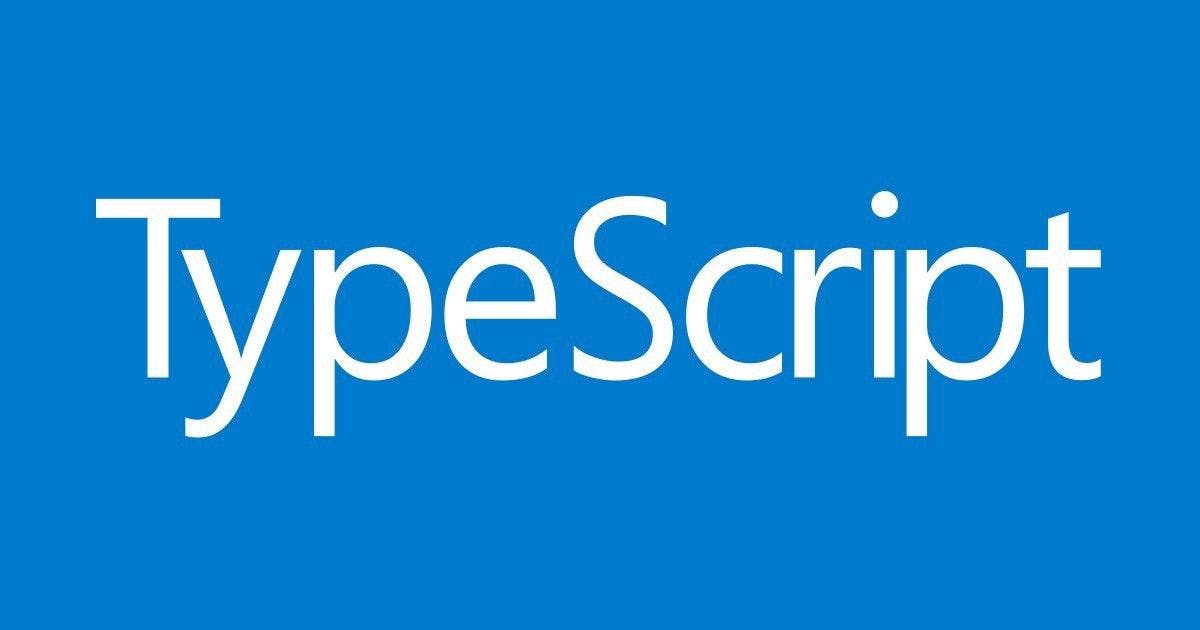
📝 Posted on 15 December 2023
⏳ 2 min read
TypeScript - Dive into Advanced Types
Greetings, fellow developers! In this leg of our TypeScript journey, we're stepping into the realm of advanced types. If you've got the basics down, get ready to elevate your TypeScript skills. Join us as we explore union types, intersection types, type aliases, and more. Let's dive into the intricacies of TypeScript's advanced features.
Union Types: Embracing Diversity in Data
In the world of TypeScript, union types allow a variable to have multiple types. It's like a versatile tool in your coding toolkit. Let's break it down:
let result: string | number result = "Success!" result = 42
Here,
resultstringnumberIntersection Types: Where Types Converge
Intersection types combine multiple types into one. It's like merging different skill sets to create a super skill set:
type Admin = { name: string privileges: string[] } type Employee = { name: string startDate: Date } type ElevatedEmployee = Admin & Employee
In this example,
ElevatedEmployeeAdminEmployeeType Aliases: Giving Types a Name
Type aliases allow you to name complex types, making your code more readable. It's like assigning a nickname to your types:
type ID = string | number type Person = { id: ID name: string }
Now, instead of using
string | numbeIDGenerics: Writing Code for the Unknown
Generics are a powerful tool that lets you write functions and classes without specifying a specific type. It's like creating a template for your code:
function identity<T>(arg: T): T { return arg } const result = identity<string>("Hello, TypeScript!")
Here,
identityConditional Types: Making Decisions in Types
Conditional types allow you to create types that depend on other types. It's like adding a decision-making layer to your types:
type Check<T> = T extends string ? boolean : number const value: Check<string> = true // It's a boolean!
Here, the
CheckbooleanTnumberConclusion: Leveling Up Your TypeScript Game
Congratulations! You've just scratched the surface of TypeScript's advanced types. Union types, intersection types, type aliases, generics, and conditional types are powerful tools in your arsenal. In the next installment, we'll explore object-oriented programming in TypeScript, bringing another layer of sophistication to your coding journey. Get ready to level up! Happy coding!